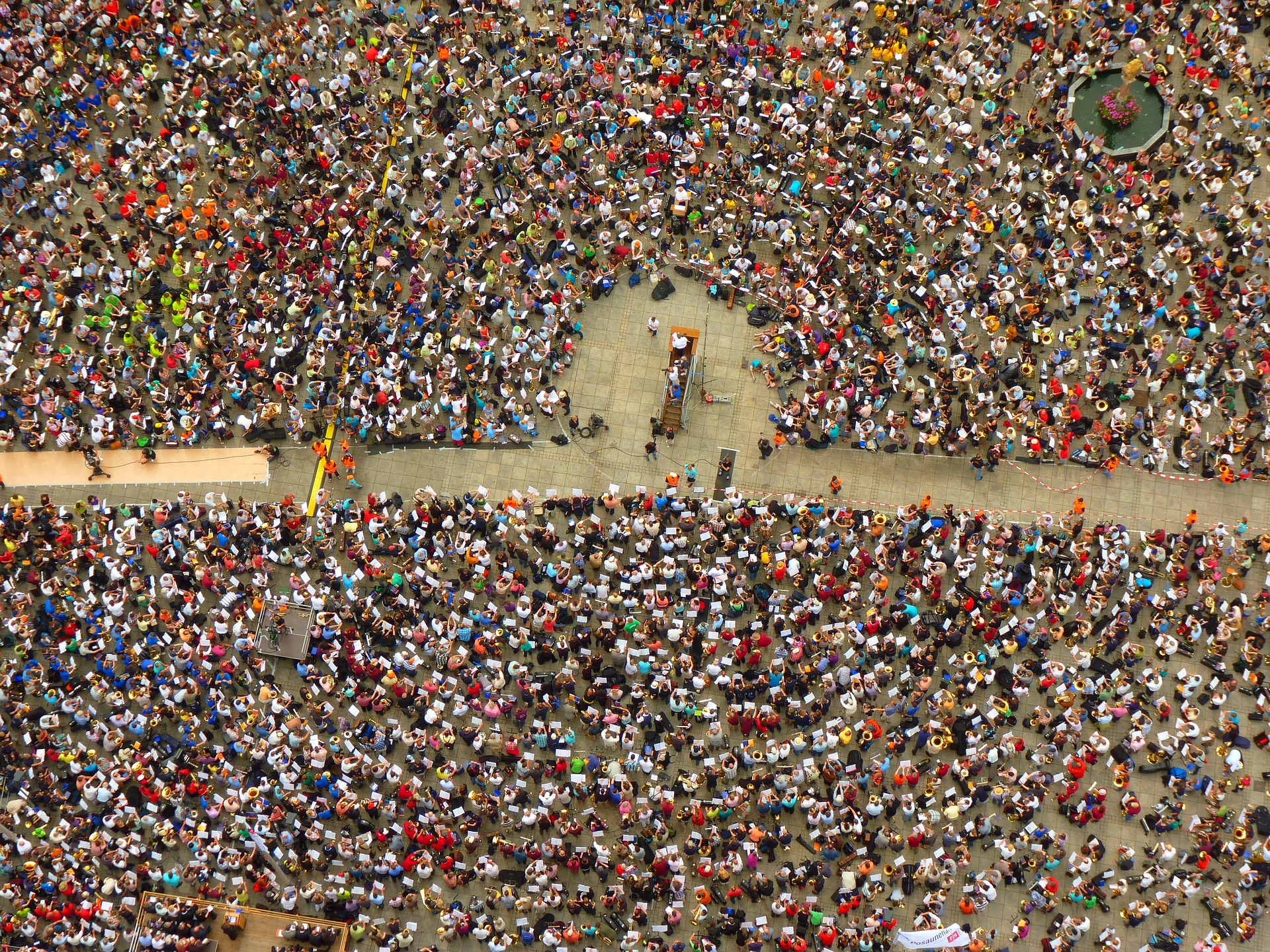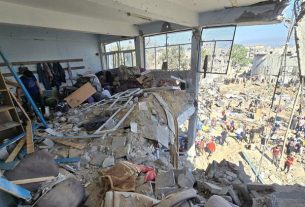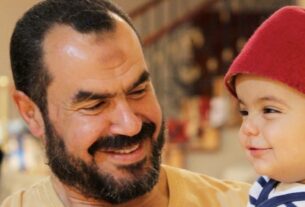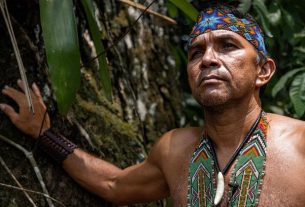November 2024
On November 19, 2024, Hong Kong’s justice system delivered a chilling message to the city’s pro-democracy movement. Forty-five of the most prominent political activists and leaders were handed harsh prison sentences, some ranging from four to ten years, for their involvement in organizing an unofficial primary election in July 2020. This primary was intended to unify the pro-democracy opposition in an effort to contest the upcoming Legislative Council elections. For the pro-Beijing government, however, this act of democratic participation was framed as a criminal conspiracy aimed at subverting the state.
The Attempt to Secure Democratic Reform
The goal behind the primary election was simple: to select the strongest slate of candidates to run in the Legislative Council elections scheduled for September 2020. These elections were to take place within the context of a highly rigged electoral system that ensured pro-government candidates dominated the Council, largely through functional constituencies representing various business and professional interests. The pro-democracy movement had long criticized this system, which effectively disenfranchised the majority of the population.
The activists hoped that by winning a majority in the 2020 election, they could force the Hong Kong government—appointed by Beijing—to either negotiate for democratic reforms or face removal from power. The strategy was meant to exert pressure on the government to honor its promises of democratic freedoms, as outlined in the city’s Basic Law, a mini-constitution crafted after Hong Kong’s handover from Britain to China in 1997. But the authorities were having none of it.
The Hong Kong government and the Chinese Communist Party viewed the movement’s strategy as a direct threat to Beijing’s control. The primary election, meant to empower citizens through democratic means, was recharacterized by the courts as an “attempt to overthrow the government.”
The Case Against the Activists
Among the activists sentenced, Benny Tai, a prominent law professor, received the longest sentence of ten years. Tai had been one of the chief organizers behind the primary. Andrew Chiu, Au Nok-hin, and Ben Chung, who had similarly helped orchestrate the primary, also received long prison terms, though their sentences were reduced for cooperating with the prosecution.
The remaining 41 defendants received sentences ranging from four to seven years, depending on whether they pled guilty or were convicted at trial. Among them was the renowned student leader Joshua Wong, who had been arrested for his involvement in the primary election. Wong and others hoped that by pleading guilty, they might receive more lenient sentences, but the harshness of the court’s decision suggests that Hong Kong’s judiciary is increasingly aligning with Beijing’s hardline stance.
The court’s ruling underscores a disturbing trend: fighting for democracy in Hong Kong has now become a criminal act.
The Political Backdrop: A Struggle for Democratic Freedoms
The events of the past few days mark the latest chapter in Hong Kong’s ongoing political saga, a saga that has evolved from the 1997 handover to the present-day repression under the National Security Law (NSL) imposed by Beijing in June 2020. The Sino-British Joint Declaration of 1984 promised that Hong Kong would maintain its “one country, two systems” framework for 50 years after the handover, guaranteeing freedoms of expression, assembly, and the rule of law. Unfortunately, the reality has been much grimmer. Over the years, Beijing has steadily eroded these freedoms, creating an environment in which those advocating for democratic reform are being systematically silenced.
In 2014, during the Umbrella Movement, Hong Kongers first made clear their demand for universal suffrage, which they felt had been denied by Beijing’s interventions in local politics. These calls for democratic reform grew louder with the 2019 protests, which initially began in opposition to an extradition bill but quickly morphed into a broader movement calling for political reform and greater autonomy for the region.
The primary election in 2020 was the opposition’s last attempt to use Hong Kong’s remaining democratic structures to pressure the government for change. By organizing the election, they hoped to secure a pro-democracy majority in the Legislative Council, which would allow them to pass legislation and use their power to force concessions from the government. But just days before the primary, Beijing imposed the National Security Law, which criminalized acts perceived as challenging China’s sovereignty, including any advocacy for independence or subversion of the state. Under the NSL, it became illegal for Hong Kong citizens to hold protests, organize civil disobedience, or even discuss alternative political futures.
The Irony of the Charges
What’s most ironic about the court’s judgment is that the charges against these activists were based on a simple and peaceful exercise of democratic expression. Organizing a primary to select candidates for a free election—a cornerstone of any democratic society—should be protected under basic democratic principles. Yet, in the eyes of Hong Kong’s courts, this was an act of subversion. By striving to uphold the Basic Law and demand democratic rights, these activists were branded as criminals.
The Hong Kong government, under the directive of Beijing, has effectively subverted the constitutional order established by the Sino-British Joint Declaration and the Basic Law, and now accuses pro-democracy leaders of undermining the same order they are trying to protect. The absurdity of this claim is glaring: those advocating for democracy are being punished for defending the very system that promised them rights and freedoms.
A Broken System
For these 45 defendants, the path to trial has been a long and painful one. They endured arrests, long periods without bail, and the denial of the right to a jury trial under the NSL. Many of the activists spent years advocating for the rights and freedoms of Hong Kong citizens—yet, in the end, they found themselves in prison for doing so. Even those who pled guilty in hopes of receiving reduced sentences found that the system they fought for had now turned against them.
In the aftermath, Hong Kong’s remaining vestiges of democracy continue to wither, and the broader implications of these trials are clear: the rule of law and fundamental freedoms in Hong Kong are being dismantled. Advocating for democracy and human rights, once an act of civic responsibility, is now considered a crime by the government of Hong Kong and Beijing.
Looking Ahead
As Hong Kong enters a new era of political repression, the events of this week remind the world that Hong Kong’s promised autonomy and freedoms are no longer viable. The sentences handed down to these 45 activists symbolize the end of any meaningful political opposition in the city. The government of Hong Kong, under the watchful eye of Beijing, has made it clear: defending democracy is a crime.
For further context and analysis on Hong Kong’s ongoing fight for freedom, refer to:
- Wilson Center’s Global Fellows Program, where Michael C. Davis, the author of this piece, provides insights into Hong Kong’s political landscape.
- The Journal of Democracy, which regularly publishes pieces on the erosion of freedoms in Hong Kong.
- The National Security Law (NSL): An in-depth review of the law’s consequences on Hong Kong’s political landscape.
As the situation continues to evolve, it is clear that the international community must not remain silent on Hong Kong’s plight. The struggle for democracy, which once seemed like a guarantee under the one country, two systems framework, now faces a dark and uncertain future.
References
- Wilson Center – Global Fellows Program
Michael C. Davis, the author of the article, is a Global Fellow at the Wilson Center. His expertise on Hong Kong’s political situation and his contributions to international discourse on democracy in the region make his insights valuable. You can find more of his work related to Hong Kong’s democratic struggles here: Wilson Center – Michael C. Davis. - Journal of Democracy
The Journal of Democracy is a well-known academic publication that regularly examines global issues related to the promotion and erosion of democracy. It provides in-depth articles about Hong Kong’s political transformation and its implications for the pro-democracy movement. Read the piece from Michael C. Davis, “Fighting for Democracy Is a Crime in Hong Kong” here: Journal of Democracy. - National Security Law (NSL)
The National Security Law, imposed by Beijing in June 2020, plays a crucial role in the ongoing suppression of Hong Kong’s pro-democracy movement. This law criminalizes acts such as secession, subversion, and collusion with foreign forces, effectively curtailing political freedoms and stifling dissent in Hong Kong. A detailed review and analysis of the NSL can be found in publications like:- Human Rights Watch: Hong Kong: National Security Law Analysis
- Amnesty International: Hong Kong: The Impact of the National Security Law
- The Sino-British Joint Declaration
The Sino-British Joint Declaration, signed in 1984, established the framework for Hong Kong’s return to Chinese sovereignty in 1997. It promised to preserve Hong Kong’s political system, rights, and freedoms under “one country, two systems” for 50 years. The erosion of this promise has become a key concern for international human rights advocates. You can read the full text of the declaration here: Sino-British Joint Declaration. - Umbrella Movement (2014)
The Umbrella Movement, a series of protests demanding universal suffrage in Hong Kong, was a pivotal moment in the city’s political history. The movement saw widespread civil disobedience as protesters occupied key areas in Hong Kong in 2014. For an in-depth account of the protests and their aftermath, refer to the following:- The New York Times: Umbrella Movement Overview
- Hong Kong Free Press: Umbrella Movement Aftermath
These sources provide crucial background information on the developments in Hong Kong’s political landscape, the national security law, and the broader struggle for democracy in the region.



